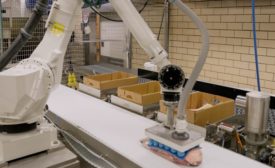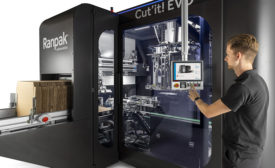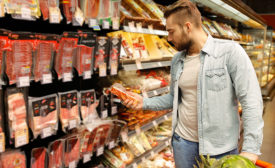Featured on Home Page
SUSTAINABILITY
Automation: Beyond Labor Reduction
Ranpak, a leading provider of systems-based, product protection solutions for e-commerce and industrial supply chains, outlines in this article the many ways that automation can contribute to sustainability
August 4, 2023
COVER STORY
Meat, Poultry, Seafood Packaging: Doing More with Less
Companies involved in the packaging of meat, poultry and seafood are highly aware of consumers’ concerns about sustainable packaging, and they are taking action.
August 3, 2023
Attitudes Toward Automation
A recently released survey of leading CPG companies contains a slew of statistical gems, some of which may be surprising
August 1, 2023
Keep the info flowing with our eNewsletters!
Get the latest industry updates tailored your way.
JOIN TODAY!Copyright ©2025. All Rights Reserved BNP Media.
Design, CMS, Hosting & Web Development :: ePublishing













